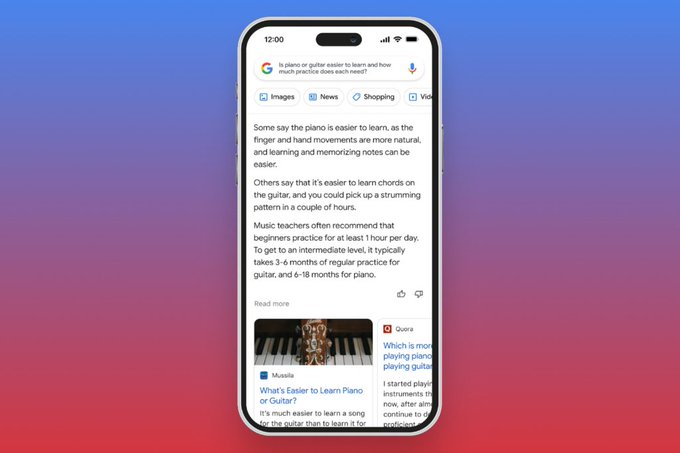Google has announced the addition of new features and 40 new languages to Bard, including Swahili, the first African language to be supported.
The tech giant is also expanding its conversational AI service into 59 new countries and territories. In May 2023, Google increased access to Bard in more than 180 countries and territories, enabling access in Korean and Japanese in addition to US English.
With text-to-speech support for eight languages, including Swahili, Chinese, German, Spanish, Arabic, Hindi, and Spanish, users can now access Bard in their preferred language.
One of the new features is the “Listen to Responses” feature, which makes it simple to understand a script or get an accurate pronunciation with just one click on the sound icon.
Previously, Bard only used images from Google Search in English to assist users in getting visual responses. They could directly request images from Bard, providing a source for each.
Now, the company is integrating Google Lens into Bard, starting with English, so that users can upload images in addition to text. Users can upload pictures to Bard with prompts to express their imagination and creativity.
Besides, they can now change the tone and style of Bard’s responses by selecting from five different options — simple, long, short, professional, or casual — allowing for a tailored interaction to suit specific needs.
Although this feature was initially available in English, Google says plans are in the works to make it available in additional languages.
Users can now pin and rename their Bard conversations, making it much simpler to reference those containing essential details or concepts. They can also work together on projects or ask their friends for feedback by sharing responses via shareable links.
Further, they can export Python code to Replit in addition to Google Colab by using the “export code to more places” feature, making it easier to share code with others or use it in other projects.
What’s more, in June 2023, Google introduced a feature that detects computational prompts and runs code in the background, improving Bard’s performance on mathematical tasks, coding questions, and string manipulation.











